Following important changes to Know Your Customer processes by the Central Bank, fintech startups must now physically verify the addresses of POS agents (if they offer agency banking services) and all other customers. While the startups will not grumble over the requirements—it was a condition for lifting a six-week freeze on new customer onboarding—several executives spoke about how expensive the process will be.
To physically verify POS agents, for instance, these startups could pay up to ₦1000 ($0.40) for each agent verified. Those costs could balloon quickly for prominent startups that boast hundreds of thousands of agents.
Per publicly available figures for its number of registered agents, OPay could pay at least ₦563 million ($376,000), while PalmPay’s bill could be in the region of ₦500 million ($333,883), and Moniepoint would have to fork out ₦304 million ($196,000).
It could cost the fintech industry ₦1.5 billion ($1 million) to verify 1.5 million POS agents. Those figures could eventually be higher considering that several fintech executives declined to specify the amounts they pay the verifiers. Additionally, as many PoS agents work for several fintech startups, there’s also the possibility that the total bill could be a lot lower.
Whatever the final bill is, it will not include the cost of verifying retail customers which would eclipse the cost for POS agents as self-reported numbers for these fintechs exceed ten million.
Fintechs like Moniepoint, Opay, and Palmpay, with an extensive network of agents, could use agent managers to verify the addresses of retail customers. While this approach might be cost-effective as the managers—scattered all over Nigeria—are already on these fintech books, they would still need to be paid extra.
Physical address verification for agents and retail customers is an important part of increasing transparency and reducing the lack of visibility that bad actors exploit. POS fraud contributed 8.8% to the total amount lost to fraud in the fourth quarter of 2023, according to the Financial Institutions Training Centre (FITC), a financial research and advocacy organisation operated by the Central Bank of Nigeria.
For fintechs like Kuda and Paga that do not run extensive cash-in and cash-out operations, identity management startups will likely help with address verification. While it is difficult to verify the prices of these services due to confidentiality, it would still represent a significant burden for these fintechs.
On April 29, Nigeria’s Central Bank ordered a freeze on new customer onboarding after concerns that lax KYC was giving bad actors joy. Physical address verification will also help authorities have more visibility over peer-to-peer crypto transactions, which it argues is a key component of currency manipulation.
The regulators will point to NIBSS’ Q1 2024 fraud report which showed a decline in incidents and amounts lost, but it’s still early days.
Beyond the monetary cost of address verification, Nigeria has also missed a six-week window to increase financial inclusion as these fintechs have become synonymous with introducing banking to areas with low bank and ATM penetration. According to an industry report, technology contributed heavily to an 8% jump in formal inclusion in three years.
Financial Services
Market Report by Intelpoint
In 2023, OPay claimed to start the year with 19 million accounts and according to a regulatory filing by Opera, an early OPay investor, the fintech quadrupled its user base (76 million). Based on that filing, fintech averaged 1.1 million new users weekly and the onboarding freeze would have cost the company at least 6 million new users. While OPay is the market leader, Moniepoint and Palmpay follow closely and are growing rapidly, according to an industry expert who asked not to be named.



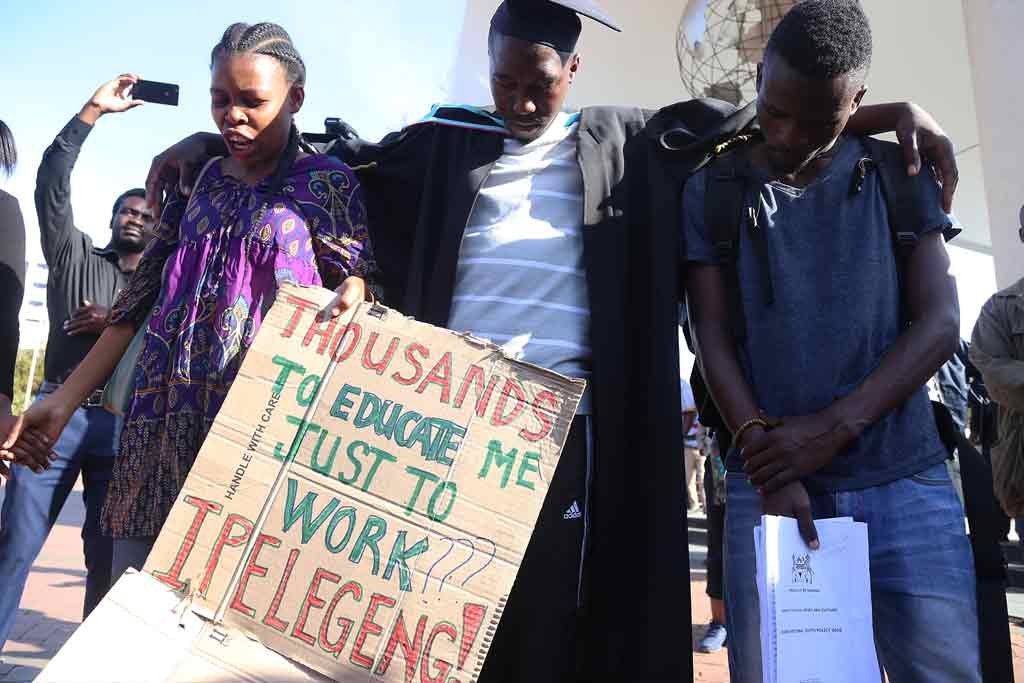


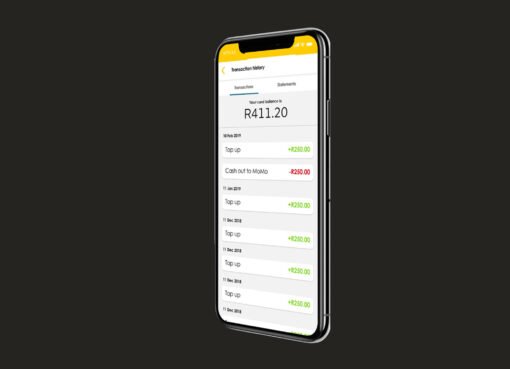

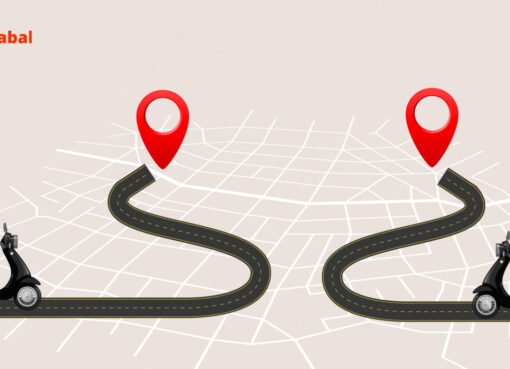
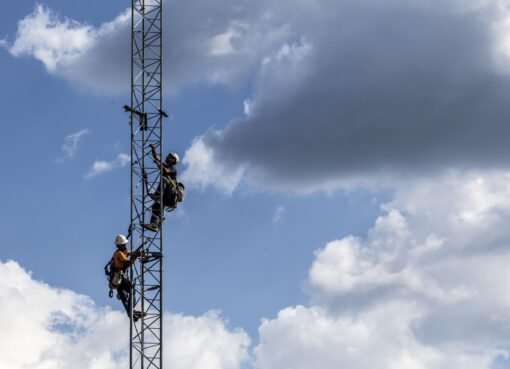
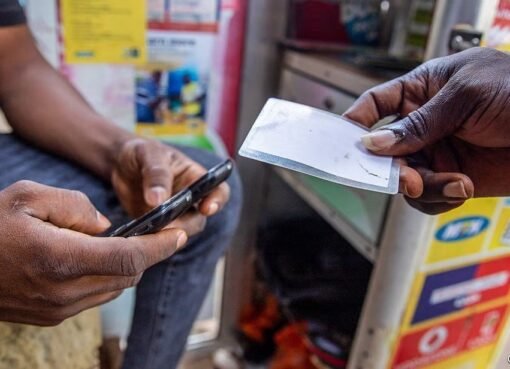








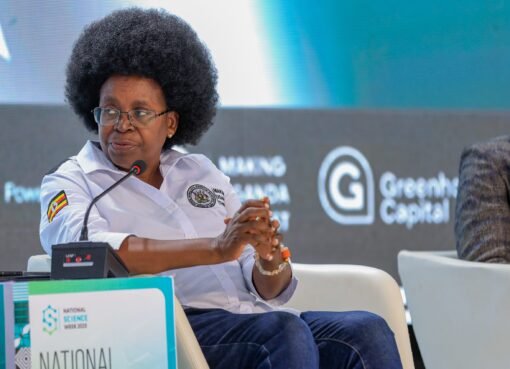

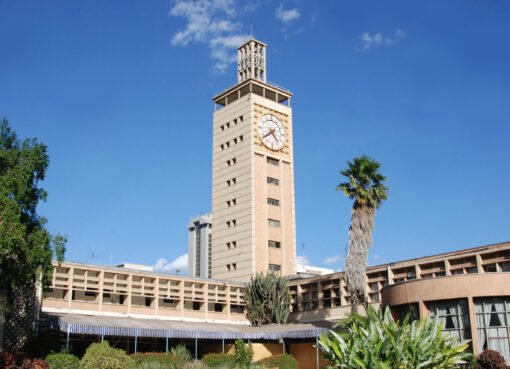












Comment here